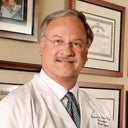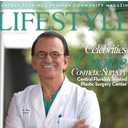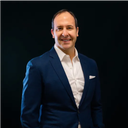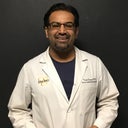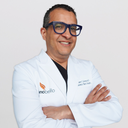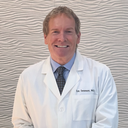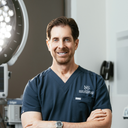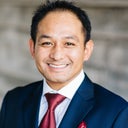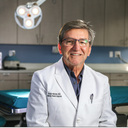In fact, traveling for surgery may introduce variables that make a "surgical vacation" an even LESS safe option. Normally, when I hear from a patient that "they read" some purported "fact" or another, I immediately consider that the patient may be inappropriately gullible, or simply distracted by an unreasonable (though very real) fear.

